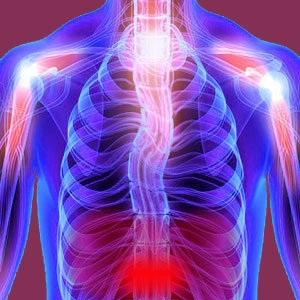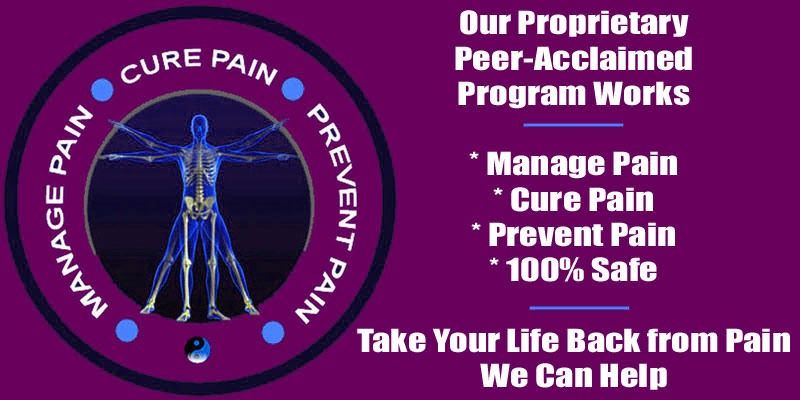
Obesity and scoliosis make a bad combination, since being overweight can increase symptomatic activity of atypical spinal curvature. Obesity is now the most prevalent health issue in the world, affecting a significant percentage of people globally. Many experts speculate that within the next few years, up to half of the population in developed countries will qualify to be called obese.
Scoliosis is not usually a painful condition. However, in severe cases, symptoms can be severe. When obesity exists in addition to scoliosis, things will only get worse for these symptomatic patients, who will now also face greater risks from both conditions individually.
This article explores the relationship between scoliosis and obesity in various cause and effect scenarios.
Obesity and Scoliosis Definitions
Scoliosis is the subject of this website and is well defined in our essay “What is Scoliosis?” However to simplify, the condition describes an atypical side-to-side (lateral) spinal curvature that might also involve changes in lordosis, kyphosis and vertebral rotation. One of the key factors to know here is that in scoliosis patients, the spine occupies locations in the body that are not typical. The weight of the body is not supported equally due to this fact.
Obesity is defined as Body Mass Index (BMI) of more than 30, while a BMI of 25 is considered overweight. This threshold is actually quite low! An adult woman of 5’4” (162 cm) is judged to be overweight at 145 lbs (66 kg) and obese at 174 pounds (79 kg). An adult man of 5’9” (175 cm) is considered overweight at 170 lbs (77 kg) and obese at 203 pounds (92 kg). Most people weigh much more than this!
Obesity and Scoliosis Cause and Effect
Being obese will not cause scoliosis directly. However, there is evidence that being obese, and particularly having large amounts of weight protruding over the lower abdomen (a gut), increase structural degeneration of the lower spinal regions. Since degenerative scoliosis might set in with age in a deteriorated spine, it is safe to say that obesity can definitely be a contributing factor to the development of some forms of adult scoliosis.
Since a scoliotic spine is not as capable as a typical spine of supporting all the body’s weight equally and ideally, large amounts of weight in certain areas of the body can increase muscular strain on tissues that are already compromised and exhausted just from stabilizing the spine. These same large pockets of body mass might pull the spine further and further out of normal alignment and some studies have shown a degeneration of curvatures in obese people at a much higher rate than would be clinically expected.
Being obese is considered a direct source of general lower back pain and incredibly poor health. In fact, obesity is rated as the single greatest health risk factor in life, surpassing alcoholism, illicit drug use and many manageable diseases.
Obesity and Scoliosis Solutions
People with severe scoliosis might tend to be obese due to limited physical ability. Therefore, the spinal curvature might be a direct cause or contributor to the obesity problem, which will also negatively influence the scoliosis…
Obese people might actually develop scoliosis due to their weight gain, when they might not otherwise do so if they remained height/weight proportionate.
It might be difficult for obese scoliosis patients to lose weight if they are physically limited due to pain or restricted ability. This can compound the problem and make weight loss a challenging proposition.
In America, doctors tend to ignore obesity at this stage, since so many people fit the definition and it has become a very delicate proposition to discuss a person’s weight, even in medical circles… which is ludicrous. People who are obese need to know the horrific damage they are doing to their bodies and the financial cost their conditions have on society in general. Of course in cases of obesity linked to scoliosis, the care provider should be delicate, yet firm, about the need to get in shape if at all possible and implement strict diet.
The continued risks of obesity will kill you. There is no doubt about that. Obese people demonstrate tremendous risk for all the conditions that normally end lives, including heart disease, vascular disease, stroke, cancer and all manner of diseases. If this is not incentive enough to lose weight, then nothing will be…
Scoliosis > Consequences of Scoliosis > Obesity and Scoliosis





